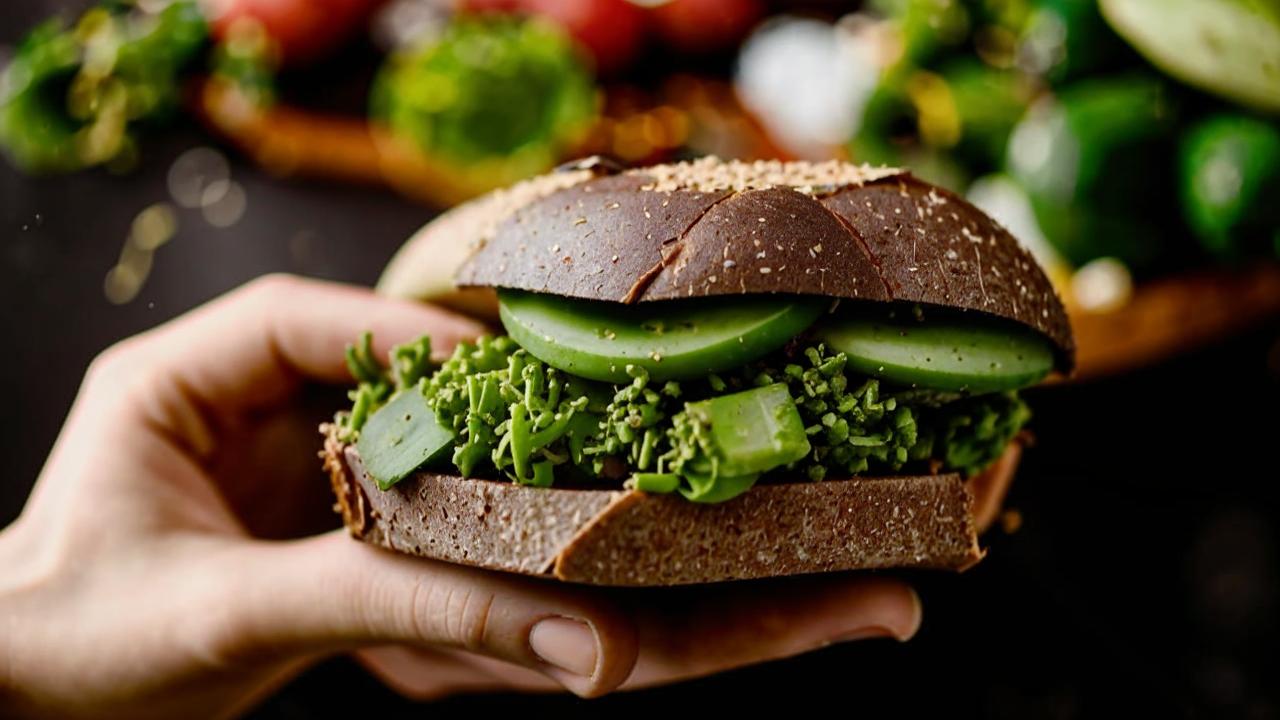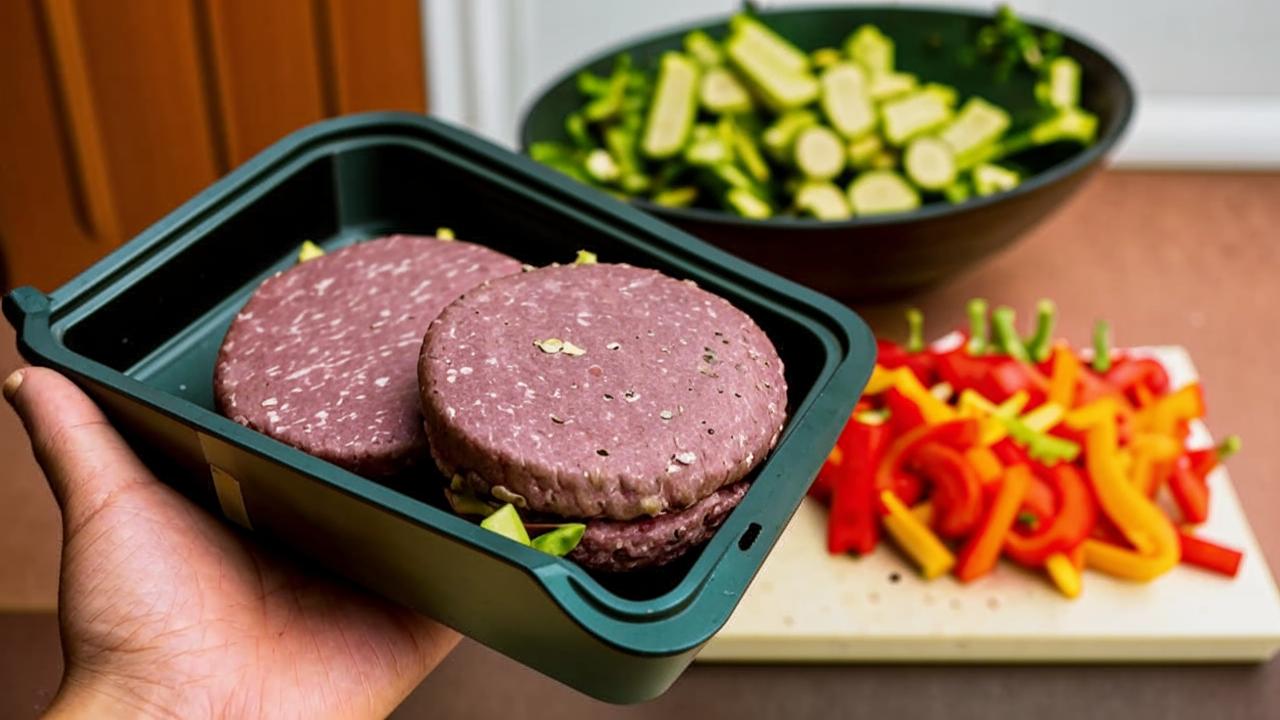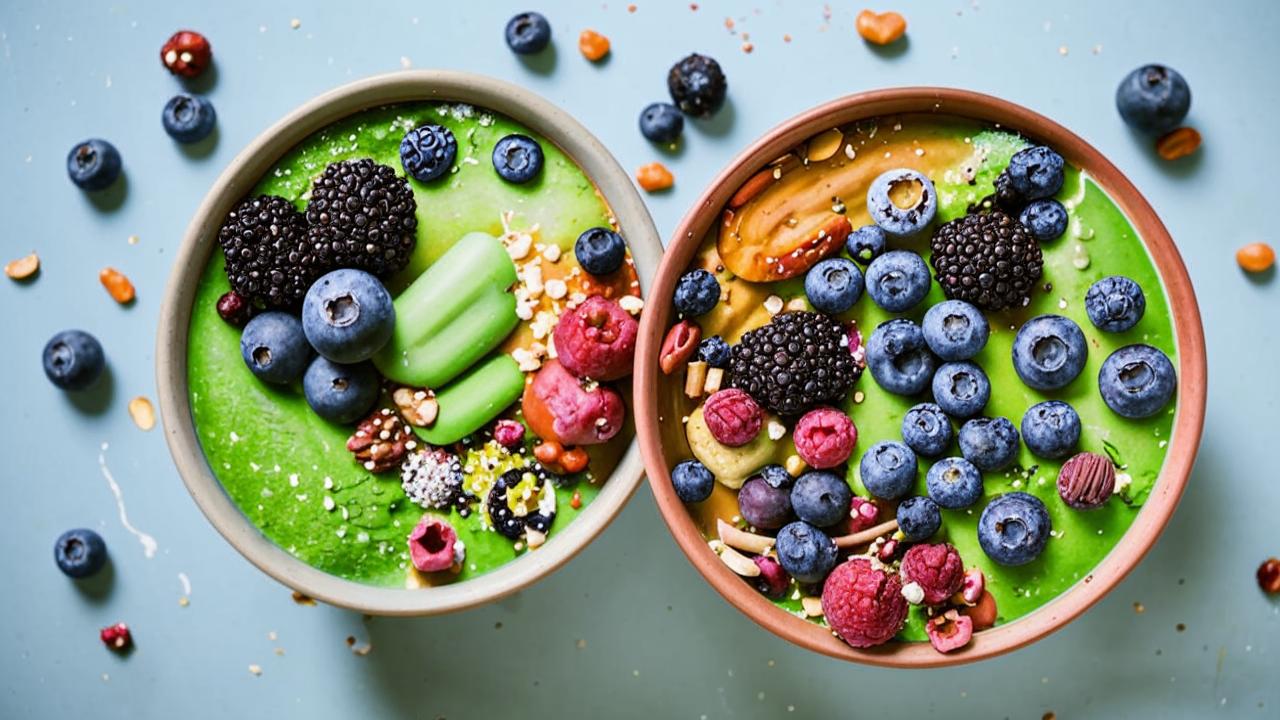In today’s world, vegetarianism has become a whole cult. Every year more and more cafes and stores are opened especially for people who follow this type of diet. However, other names are also on the rumor – veganism and raw foodism. To people who don’t follow either of these diets, the difference between them may seem blurry, but it’s actually quite simple.
What is a vegetarian diet?
A vegetarian is someone who does not eat meat, poultry, game, fish, shellfish, or other foods that involve killing animals.

Vegetarian diets contain large amounts of fruits, vegetables, grains, legumes, nuts and seeds. The inclusion of dairy products and eggs depends on what type of diet you follow.
Some of the most common include:
lacto-ovo-vegetarians: do not eat animal meat, but may eat dairy and egg products;
lacto-ovo-vegetarians: avoid meat and eggs, but allow dairy products;
ovo-vegetarians: avoid all animal products except eggs;
vegans: refuse all animal foods.
Those who do not eat meat or poultry but consume fish are considered pescatarians. Although pescatarians sometimes call themselves vegetarians, they still eat animal flesh. Which means they do not actually fall under the definition of vegetarianism.
What is a vegan diet?
Veganism today is defined as a lifestyle that eliminates all forms of animal exploitation as much as possible. This includes killing them for food and using them for any other purpose.
The most common types of veganism include the following.
Dietary vegans: avoid animal foods in their diet, but continue to use other products that involve animal exploitation, such as cosmetics and clothing.
All-natural vegans: their diet is rich in whole foods such as fruits, vegetables, whole grains, legumes, nuts and seeds.
Fast food vegans: use processed vegan foods such as vegan meats, French fries, frozen dinners and desserts including Oreo cookies and non-dairy ice cream.
Raw vegans: eat only foods that are raw or cooked at temperatures below +48°C.

A vegan diet excludes not only animal meat, but also dairy products, eggs and ingredients of animal origin. The latter include gelatin, honey, carmine, pepsin, albumin, casein and some forms of vitamin D3. Vegans also do not wear fur, leather, wool, down and do not use cosmetics or chemical products tested on animals.
Proponents of this ideology prefer to avoid all animal by-products because they believe it has the greatest impact on their health and the environment. Plus, they believe that animals have the right to be free from human use for any purpose, be it food, clothing, science, or entertainment.
What is raw foodism?
A raw foodist’s diet consists mainly of raw and unprocessed foods. Some of the most common types of raw eating include the following.
Raw eaters who exclude all animal products: emphasizing only plant foods.
Vegetarian raw eaters: follow a raw vegan diet that includes plant foods, raw eggs, and unprocessed dairy products.
Omnivorous raw eaters: follow a raw omnivorous diet that allows plant foods, raw animal products, and raw or dried meat.

Food is considered raw if it has not been heated above +40…+48°C. It must not be peeled, pasteurized, treated with pesticides or otherwise. Instead, the diet allows several alternative preparation methods: juicing, blending, dehydrating, soaking, and sprouting.
As with veganism, the diet is usually based on plant foods: fruits, vegetables, nuts, and seeds. However, some also consume raw eggs and dairy products. Less frequently, raw fish and meat are included in the menu.
Proponents of this diet believe that cooking is unhealthy because the process destroys the natural enzymes in foods, reducing the nutrient content and “life force” that raw eaters believe is present in all raw – or “living” – foods.

It turns out that raw foodism is a type of veganism, while veganism itself is a type of vegetarianism. By giving up meat, but carefully planning the diet, it is possible to consume almost all the necessary elements in any of these diet plans. And if it’s difficult to make the diet varied, there are ready-made menus on the Web for a week or even a month ahead.
But if you do decide to give up products of animal origin, it is best to consult a nutritionist to make sure you do not miss the necessary substances for the body.





